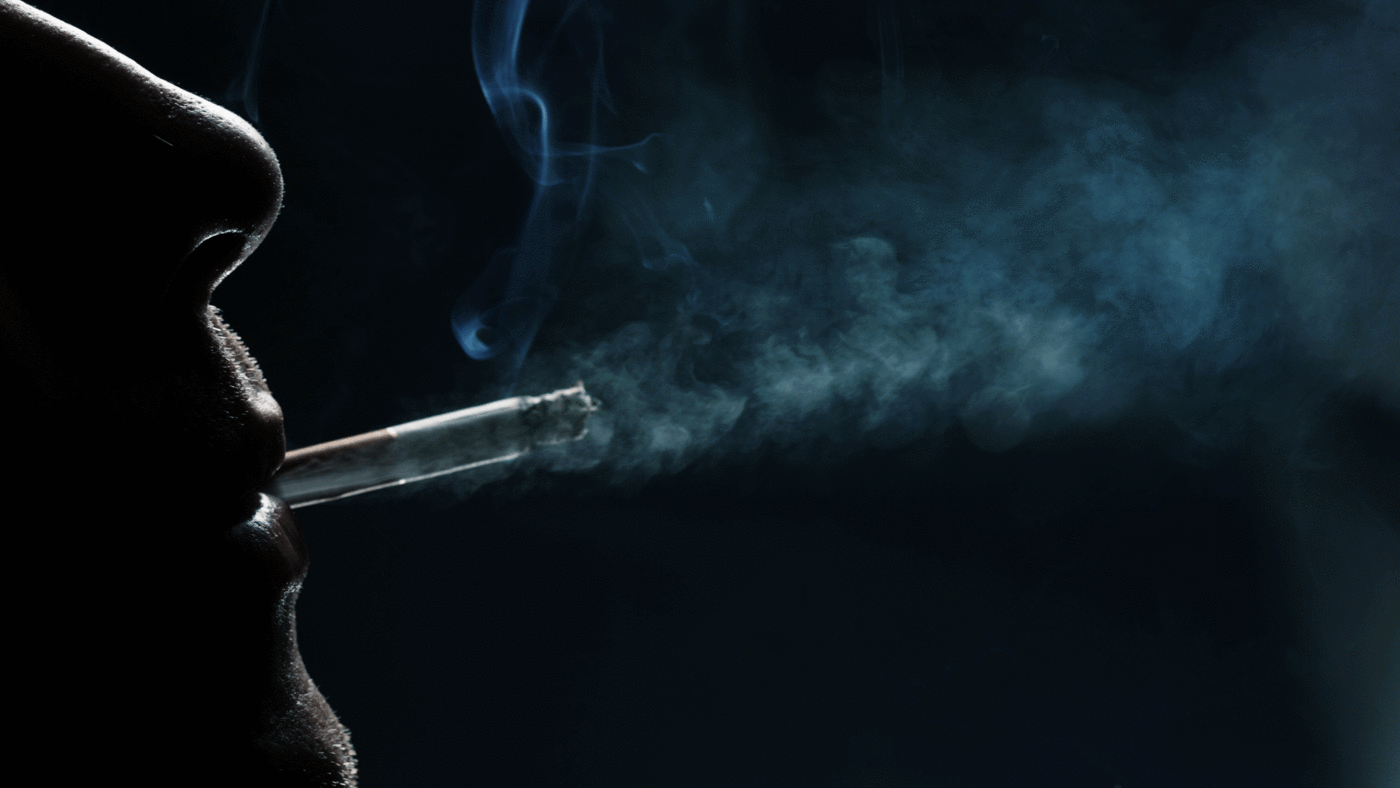Calls for the government to increase the cost of alcohol and tobacco are commonplace across Europe – but it’s not something you’d expect to hear at virtually every Sunday Mass in an entire country.
However, on July 30, in Poland, in most Catholic parishes a pastoral letter was read out. It said that the state has a “responsibility” to pass laws limiting alcohol’s “physical and economic availability,” and to back them up with “ruthless enforcement”.
Bishop Tadeusz Bronakowski, who wrote the letter as head of the Polish bishops’ Apostolate of Sobriety, was bringing the best of intentions to a vexing problem. But his goodwill must be married to clear-eyed historical analysis of what happens when nations impose a high “sin tax”.
A cautionary tale can be found in the bloodstained pages of American history – and the unintended consequences of its current regulatory policies.
Everyone is familiar with the fight waged by such well-meaning groups as the Women’s Christian Temperance Union and the Anti-Saloon League against “demon rum” a century ago – as well as its outcome. The rise of organised crime, which established itself in US life by smuggling illegal (and often dangerous) alcohol, can be traced directly to Prohibition between 1920 and 1933. Bruce Yandle of the Cato Institute called the coalition that supported Prohibition “bootleggers and Baptists”, describing the pairing of those who seek to benefit privately from the ban and those who were acting in the public interest to effect government action.
But as we saw with the rise of the speakeasys of the Roaring Twenties, sin taxes can lead to far greater sins. It looks like the same thing is happening today in New York.
In 2002, cigarettes cost $5.20 a pack, before former New York mayor Michael Bloomberg imposed the first of a series of taxes and economic disincentives on smoking. The minimum price is now $10.50. And on Wednesday, the city council voted to hike the mandatory minimum price to $13 a pack. Current Mayor Bill de Blasio, whose views are comparable to those of Jeremy Corbyn, boasted on Twitter that the city will charge “the highest price in the country”.
However, that high price comes with a significant cost. This “sin tax” has given a massive boost to an already thriving industry: cigarette and alcohol smuggling.
Cigarettes still cost $5 a pack in Virginia and North Carolina, just down the interstate. The potential to make $8 a pack on pirated cigarettes has created a gargantuan smuggling industry along the I-95 corridor. Research found that roughly half of all cigarettes, and one-quarter of all alcohol, consumed in New York City is bought on the black market. In May, law enforcement busted one criminal gang that alone was responsible for $30 million of bootleg cigarette sales in the Big Apple.
“Illegally trafficked cigarettes now have a higher profit margin than cocaine, heroin, marijuana, or guns,” according to one Virginia State Police official.
But more alarming is that those proceeds may be financing terrorism. New York City’s black market tobacco trade has funded al-Qaeda and Hezbollah for more than a decade. A gang of 16 Palestinians busted in 2013 reportedly had links to “Blind Sheik” Omar Abdel Rahman.
According to the Centre for the Analysis of Terrorism in France, 15 international terrorist organisations, including the IRA and FARC, benefit from illegal cigarettes: the smuggling accounts for 20 per cent of those groups’ revenues. Pakistani militants made more money from the illegal tobacco trade than any other source besides heroin.
The fact that these groups, most notably al-Qaeda, have waged violent jihad against New York City makes its “sin tax” galling as well as self-defeating.
The situation – and moral hazard – gets even more complicated when sin taxes become a significant revenue source for the government. A new report from the Institute of Economic Affairs (IEA) estimates that tobacco taxes create a budget surplus of £14.7 billion in the UK annually; alcohol adds another £6.5 billion. The government is benefiting from the sale of a substance whose consumption it is putatively trying to discourage.
Meanwhile, as the tax take has risen, the actual results of these policies have been questionable, at best. The number of smokers in New York City declined by four per cent from 2003 to 2016. The national rate fell by nearly six per cent between 2005 and 2015.
Thus, the idea that government policy can change a deeply ingrained habit flounders upon the evidence. As Marcin Rzegocki, who lives in Poland, wrote for Religion & Liberty Transatlantic, “It is improbable that Poles, who learned how to survive years of shortages of many products during the Communist era, will change their habits according to state limitations.” True change must come from within.


